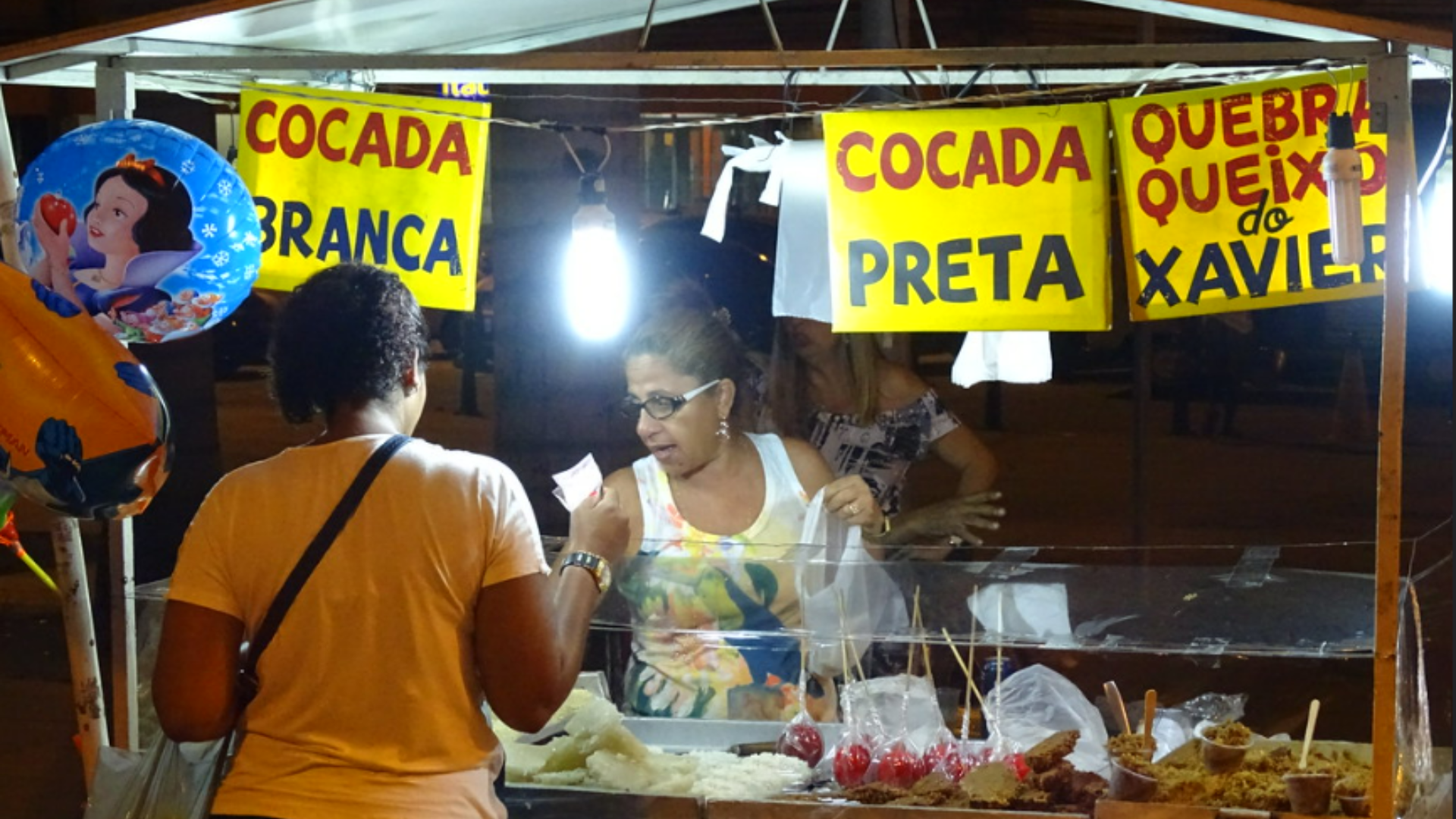Deeply rooted social injustices that contribute to hunger and food insecurity are difficult to remove, and the experience of Brazil over the past 40 years demonstrates this.

Following decades of promising results in the fight against hunger and poverty, a political and economic crisis which started in 2014 has reversed much progress in the fight against hunger and poverty, with particular challenges faced by women, young children, and ethnic minorities.
Hunger, inequality and poverty are historic challenges for Brazil, and the legacy of a country that was shaped by the slave labour of African peoples and that based its economy on the exploitation of natural resources and the exportation of raw materials.
In the 1900s, infant mortality and malnutrition rates decreased as a result of improved sanitary conditions, vaccination rates and women’s education levels. However, it was only between the 2000s and early 2010s that important changes occurred, with the lowest levels of extreme poverty, poverty and food insecurity being achieved.
But this progress has not been maintained, and in fact the situation has worsened to the extent that by 2022, half the Brazilian population (125 million) will face some degree of food insecurity, of which 33 million will be in a situation of hunger.
At a national level, the picture is bleak. But a closer look shows how certain groups of Brazilians have been affected much more than others, due to historic inequities in the country.
- Ethnicity: According to the Brazilian Scale of Food Insecurity, 65 per cent of households identifying as black or brown are in a position of food insecurity; compared to just 47 per cent for those households identifying as white.
- Gender: Severe food insecurity for households led by women has increased from 11 per cent in 2020 to 19 per cent in 2022.
- Families with children: Hunger in families with children under 10 years old has doubled from 9 per cent in 2020 to 18 per cent in 2022
Food insecurity is only part of the story. Of similar concern is the quality of the food that Brazilians are able to access. Like many countries, Brazil is seeing an increase in the consumption of ultra-processed foods such as salty snacks, sugary drinks, sausages, instant noodles. From 1987 to 2017, the percentage of calories consumed at home from minimally processed and processed foods dropped from 80% to 60%. Over the same period, ultra-processed foods increased from 10% to 24%.
This is a challenge, because the consumption of these products is directly related to the increased risk of obesity and non-transmissible chronic diseases, besides having as raw material products that are produced with a high environmental impact.
The popularity of ultra-processed foods has been largely driven by households with higher income, in the South and Southeast regions, in urban areas, and in metropolitan regions. However recent data shows whilst the increase in consumption of ultra-processed foods has stabilised in higher income segments, growth in lower income segments continues to accelerate.
The appeal of ultra-processed foods has been further increased by the pandemic and war in Ukraine, which have pushed up the price of fresh food and made ultra-processed foods more affordable in comparison.
A reversal in supportive policy-making has contributed towards the challenges that many Brazilians are facing with food security and healthy diets. Between 2003 and 2014, several public policies that led to significant results in reducing poverty and food insecurity were implemented, increasing access to education and improving quality of life in general. A group of measures specifically targeted the social groups in situations of greater vulnerability, such as poor urban families, women and young small farmers, indigenous peoples, traditional communities and family farmers.
However, from around 2016, drastic budget cuts and institutional destructuring resulted in these actions being practically extinguished. Similarly, an entire strategy to implement a national food and nutritional security system that aimed to define priorities and allocate budgets came to a halt.
There is a crucial role for Brazilian civil society organisations to fight this decline in government action, building partnership networks and amplifying their voice.
Civil society has been present in the debate, working to reconstruct and expand public institutions and promote citizen’s rights. They have a long way to go, though, to achieve the right public food and nutrition policies that can contribute to an equitable food system in Brazil.
Alongside the analysis of nutrition and healthy diets in Brazil, the Food Equity Centre has also examined the situation in South Africa, Vietnam and the UK. We have seen that marginalisation on the basis of ethnicity or race, as well as age, income and geographic-based nutrition inequities are consistent across all four countries. But much work remains to be done, to analyse the challenges, as well as highlighting positive progress.
Using diverse approaches such as data synthesis, document review and interviews and ethnographies, the Food Equity Centre will continue to analyse and deepen our understanding of how social and political processes structure the food, health and care environments most important to nutrition.
Find out more about our research relating to food equity via our web page and subscribe to IDS’ Health and Nutrition newsletter for updates on research including antimicrobial resistance, tackling epidemics, zoonotic diseases, food systems and malnutrition.
Elisabetta is a member of the Food Equity Centre, co-hosted by IDS. Find out more about the centre here.